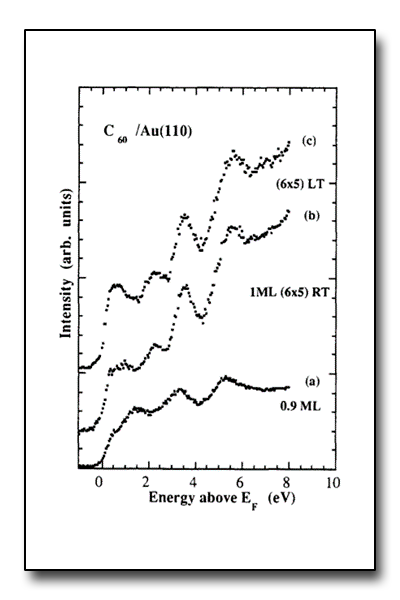The inverse photoemission spectroscopy (IPES) allows to investigate the electronic properties of empty states of solids, surfaces, adsorbate-gas-solid interfaces and thin films. A beam of electrons of defined energy and momentum impinge on the surface sample, coupling with unoccupied electronic states above the vacuum level, and radiatively decaying into their lower-empty states. Emitted photons are collected through a band-pass, fixed energy iodine / SrF2 based Geiger-Müller detector. This gives rise to a spectrum of the emitted photons versus incident electron energy. This technique is highly surface sensitive, due to the low energies of the incident electrons (up to about 10 eV), having a penetration depth of just a few atomic layers.


 English (UK)
English (UK)  Italiano (Italia)
Italiano (Italia)